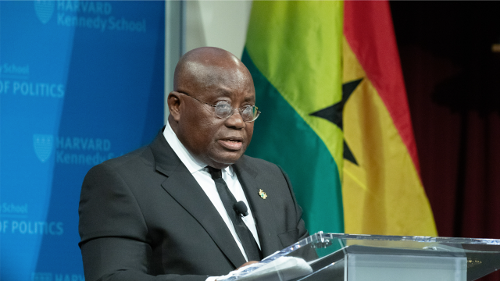Ghana to get $300m recovery loan from the World Bank

TLDR
- World Bank approves $300 million funding to support Ghana's economic recovery
- Funding aims to achieve resilient and inclusive growth in Ghana
- Agreement reached on debt restructuring for Ghana, aligning with debt sustainability framework
This week, the World Bank approved a $300 million Development Policy Operation aimed at supporting Ghana's economic recovery. The funding, known as the First Resilient Recovery Development Policy Financing, is considered a significant contribution from the Bank's International Development Association (IDA) to assist Ghana in achieving resilient and inclusive growth.
The financing package's approval comes in the wake of last week's agreement in principle by the Official Creditors’ Committee under the G20 Common Framework regarding the key parameters of Ghana's proposed debt restructuring.
This agreement, aligning with the Joint World Bank-International Monetary Fund Debt Sustainability Framework, is viewed as a crucial milestone in the effort to restore debt sustainability for Ghana.
Key Takeaways
Ghana recently reached an agreement with its bilateral lenders, including China and France, in a crucial milestone that has helped unlock the second tranche of funding from the IMF. The West African nation had encountered challenges, defaulting on a substantial portion of its external debt in December 2022 due to soaring servicing costs. In addition to the agreement with bilateral lenders, Ghana is tasked with negotiating a relief deal with private holders of approximately $13 billion in international bonds. On Monday, the bonds experienced an uptick of almost 1 cent on the dollar. Among them, the 2042 maturity recorded the most significant increase, rising by 0.85 to 43.12 cents. This marks the highest level since early November and suggests a positive market response to Ghana's efforts to address its debt challenges and secure international support for its economic recovery.

Next Frontier
Stay up to date on major news and events in African markets. Delivered weekly.
Pulse54
UDeep-dives into what’s old and new in Africa’s investment landscape. Delivered twice monthly.
Events
Sign up to stay informed about our regular webinars, product launches, and exhibitions.




